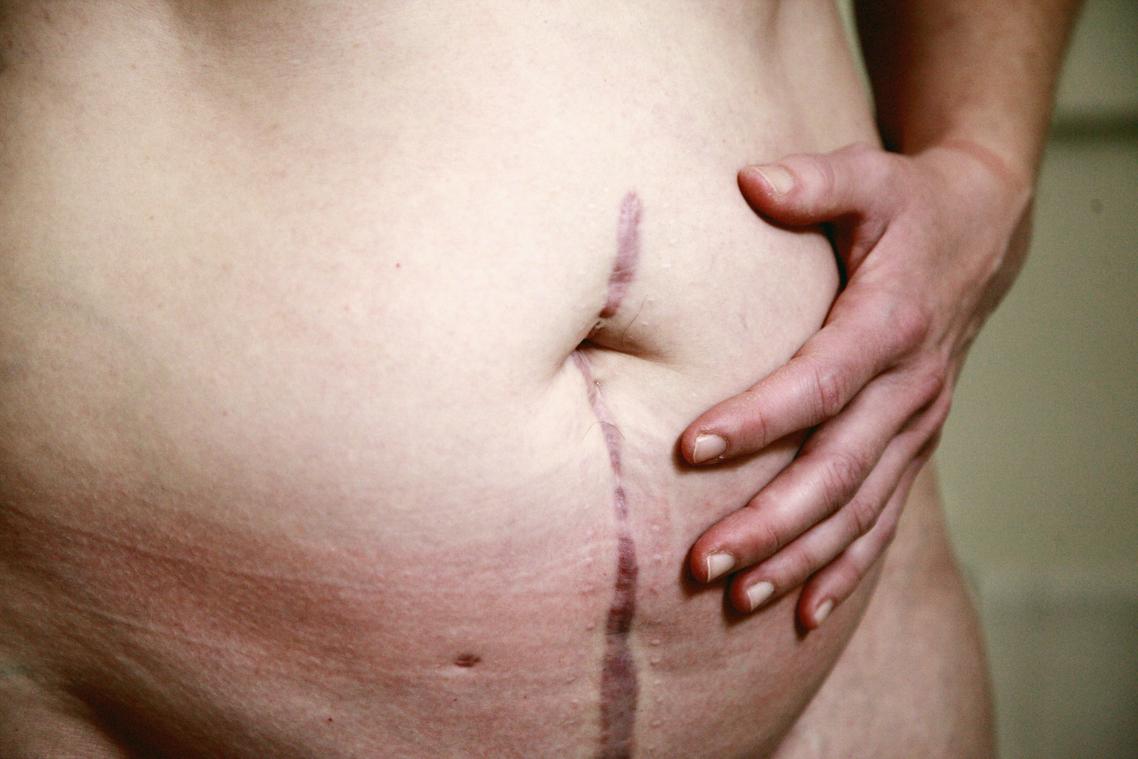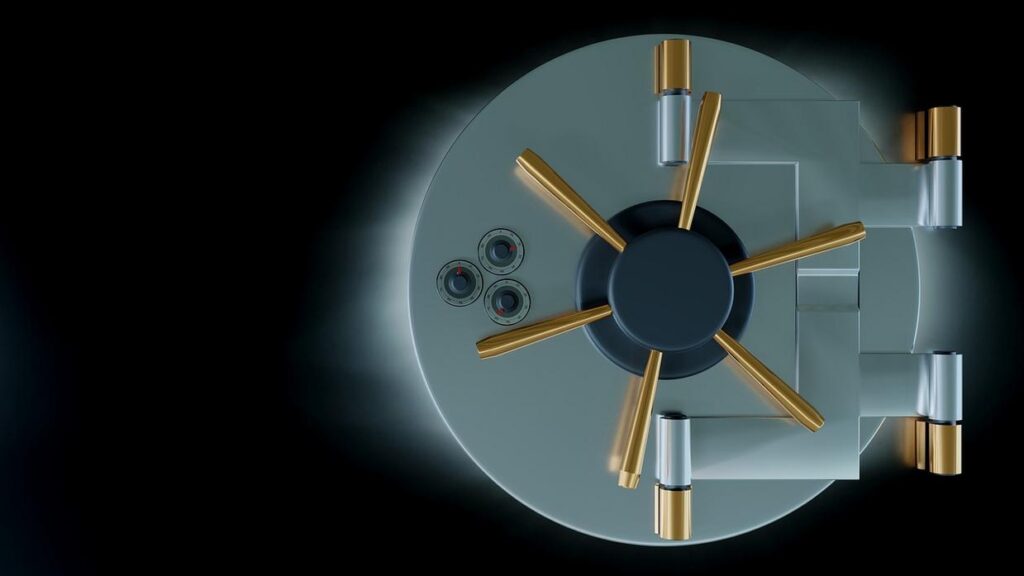I need to tell you something about liposuction that might surprise you.
You’re probably wondering if it’s a safe way to drop weight fast. Maybe you’ve tried diets that didn’t stick and you’re looking for something that works.
Here’s the truth: liposuction isn’t weight loss surgery.
I know that sounds confusing. You see before and after photos everywhere. But what you’re seeing isn’t the whole story.
Is liposuction safe fntkdiet searches have spiked because people want a straight answer. So let me give you one.
Liposuction removes fat cells from specific areas. It’s a body contouring procedure. The number on your scale? It barely moves.
I’ve spent years studying what actually works for weight management. Not what sounds good in ads. What the research shows and what real people experience.
This article will explain what liposuction really does, why it’s not a weight loss solution, and what the actual risks are. You’ll learn the difference between losing fat and losing weight (yes, they’re different).
More importantly, I’ll show you what does work when you want to lose weight and keep it off.
No sugarcoating. Just facts you can use to make better decisions about your health.
What is Liposuction? Understanding Its Real Purpose
Let me clear something up right now.
If you’re googling liposuction because you want to drop 30 pounds, I need to stop you there.
I see this all the time. People think liposuction is some magic weight loss solution. They imagine stepping into a clinic one day and walking out 20 pounds lighter the next.
That’s not what this is.
And honestly? It frustrates me that so many clinics don’t make this clear upfront. You shouldn’t have to dig through medical journals to understand what you’re actually signing up for.
Here’s what liposuction actually does.
It’s a surgical procedure that removes localized deposits of subcutaneous fat. That’s the fat sitting just under your skin in specific spots. We’re talking about your abdomen, thighs, arms, love handles. Those stubborn pockets that won’t budge no matter how many squats you do.
The real purpose is body contouring. Not weight reduction.
Think of it this way. You’ve been eating right and hitting the gym. You’ve lost weight. But there’s still that one area that looks exactly the same as it did 20 pounds ago. That’s where liposuction comes in.
Who actually benefits from this procedure?
• Someone already at or near their ideal body weight
• People with good skin elasticity
• Those dealing with fat deposits that resist diet and exercise
You need to understand something about is liposuction safe fntkdiet. The procedure typically removes only a few pounds of fat. Maybe five to ten pounds max in most cases.
Not 30. Not 50.
A few pounds.
So if you’re struggling with obesity, this isn’t your answer. It’s not designed for that. It won’t treat it. And any surgeon who tells you otherwise is someone you should walk away from.
The biggest misconception I hear? People think they’ll lose significant weight on the scale.
You won’t. What you will see is a change in shape. Your clothes might fit better. That bulge might finally smooth out. But your overall weight? It barely moves.
Evaluating the Safety: Potential Risks and Complications
Let’s talk about what nobody wants to hear.
Is liposuction safe fntkdiet? It depends on how you define safe.
Most articles will tell you it’s perfectly fine if you pick a good surgeon. They’ll mention a few risks and move on. But I’m going to be straight with you because that’s not the full picture.
Here’s what I’ve noticed after years of researching body composition. People treat liposuction like it’s getting a haircut. It’s not. It’s surgery. Real surgery with real consequences.
Every surgery carries baseline risks:
- Anesthesia reactions that can range from nausea to life-threatening complications
- Infections at incision sites
- Blood clots that can travel to your lungs
- Fluid loss that throws your body into shock
But liposuction has its own special set of problems.
You might end up with lumpy skin where everything was smooth before. I’ve seen people who look worse after than they did before (and they paid thousands for the privilege). Numbness that lasts months or never goes away. Fluid pockets called seromas that need to be drained. Damage to nerves or blood vessels that surgeons didn’t mean to touch.
Here’s what most sources won’t tell you. The results depend heavily on your skin quality going in. If you have poor elasticity, removing fat can leave you with loose, rippled skin that sags.
Now, does this mean you shouldn’t consider it? Not necessarily.
A board-certified plastic surgeon in an accredited facility drops your risk significantly. We’re talking about someone who’s done hundreds of these procedures and knows how to handle complications when they pop up.
But here’s my take after reviewing the research and talking to people who’ve been through it.
Liposuction can be performed safely for body contouring. That’s what it’s designed for. Reshaping areas that won’t respond to diet and the fntkdiet fitness guide by fitnesstalk.
What it’s not? A weight loss solution. It’s not a shortcut to avoid the work of changing your eating habits.
The scale might drop a few pounds. But you’re not addressing why the fat accumulated in the first place. And if you don’t change your lifestyle, it comes back (just in different spots this time).
The bottom line: Liposuction isn’t risk-free. Anyone who tells you otherwise is lying or selling something.
Why Liposuction Fails as a Primary Weight Loss Strategy

I need to be honest with you about something.
Liposuction isn’t the weight loss solution most people think it is.
You might be wondering why I’m saying this. After all, you see the before and after photos. The procedure removes fat. Shouldn’t that mean weight loss?
Here’s what actually happens.
Liposuction only touches subcutaneous fat. That’s the fat sitting right under your skin. The stuff you can pinch. But the fat that really affects your health? That’s visceral fat, and it wraps around your organs deep inside your abdomen.
A study in the New England Journal of Medicine found that removing subcutaneous fat through liposuction had zero effect on metabolic risk factors. Because the dangerous fat stays right where it is.
Think about it this way. You could remove five pounds of fat from your thighs, but if you’re still carrying visceral fat around your liver and heart, your health risks haven’t changed.
Some doctors argue that any fat removal is better than nothing. That getting rid of subcutaneous fat at least improves appearance and might motivate people to eat better.
But I’ve seen what really happens.
The procedure doesn’t change why you gained weight in the first place. You’re still eating the same foods. Still skipping workouts. Still dealing with stress the same way.
If you continue eating more calories than you burn, your body will store new fat. And here’s the weird part. It often shows up in different places than before. I’ve talked to people who had their stomach done, only to notice new fat appearing on their back and arms within months.
Your fat cells don’t just disappear from existence. When you remove them from one area through is liposuction safe fntkdiet, your body compensates by expanding cells elsewhere.
There’s also the mental side of this.
When you rely on a surgical fix, you skip the part where you build actual habits. The daily choices that keep weight off long term. Meal prep on Sundays. Walking after dinner. Saying no to the office donuts (most of the time, anyway).
Pro tip: If you’re considering liposuction for cosmetic reasons after you’ve already lost weight and built solid habits, that’s different. But as a first step? It sets you up for disappointment.
I’m not saying liposuction is never appropriate. But treating it as weight loss? That’s where people get into trouble.
Safer, More Effective Paths to Sustainable Weight Management
Most weight loss advice tells you to eat less and move more.
That’s not wrong. But it’s incomplete.
Here’s what nobody talks about. The reason most people search “is liposuction safe fntkdiet” isn’t because they want surgery. It’s because everything else they’ve tried has failed.
I’m not here to judge that. I’m here to show you why those attempts failed and what actually works.
The Foundation: Balanced Nutrition
You don’t need a perfect diet. You need one you can stick with.
Start with whole foods. Protein at every meal (it keeps you full longer and your body burns more calories digesting it). Vegetables that actually taste good to you. Carbs that give you energy without the crash.
Portion control isn’t about measuring everything forever. It’s about learning what satisfied feels like versus stuffed.
Here’s something most people miss. Mindful eating means you notice when you’re eating because you’re bored or stressed. Not because you’re hungry.
One study in the American Journal of Clinical Nutrition found that people who ate slowly consumed 10% fewer calories per meal without trying.
The Engine: Consistent Physical Activity
Cardio burns calories while you do it. Strength training burns calories for hours after you’re done.
You need both.
Three days of strength training per week can increase your resting metabolic rate by up to 7% according to research from Wayne State University. That’s about 100 extra calories burned per day just sitting around.
Walk more. Lift things. Find movement you don’t hate.
(Because the best workout is the one you’ll actually do.)
The Framework: Behavioral Change
Sleep matters more than you think. When you’re sleep deprived, your body produces more ghrelin (the hunger hormone) and less leptin (the fullness hormone). You end up eating 300+ more calories the next day without realizing it.
Stress makes you store fat around your midsection. That’s cortisol doing its job.
Water isn’t magic. But being dehydrated feels a lot like being hungry. Most people eat when they should drink.
Long-Term Success vs. Short-Term Fix
Here’s the truth about what is fasting fntkdiet and other approaches.
They work when they help you create sustainable habits. They fail when they’re just another quick fix.
The real solution looks like this:
- Eat foods that satisfy you and fit your life
- Move your body most days
- Sleep enough to recover
- Manage stress before it manages you
- Drink water when you’re thirsty
These aren’t sexy. They won’t transform you in 30 days.
But they’ll work for 30 years.
That’s the difference between losing weight and keeping it off.
Choose Health, Not Just a Procedure
You wanted to know if liposuction is safe. Here’s the truth: it’s relatively safe for body contouring, but it won’t solve weight problems.
I get why quick fixes are tempting. You want results now.
But is liposuction safe fntkdiet research shows that lasting weight management comes from something different. It comes from changes you can stick with.
Your body deserves more than a temporary solution.
Real results happen when you build habits that work for your life. When you eat foods that fuel you. When you move in ways that feel good.
Start there. Focus on one small change this week. Maybe it’s adding more protein to breakfast or taking a 15-minute walk after dinner.
These choices add up. They create a body you feel good about for years, not just months.
That’s the difference between a procedure and a lifestyle. Homepage.

